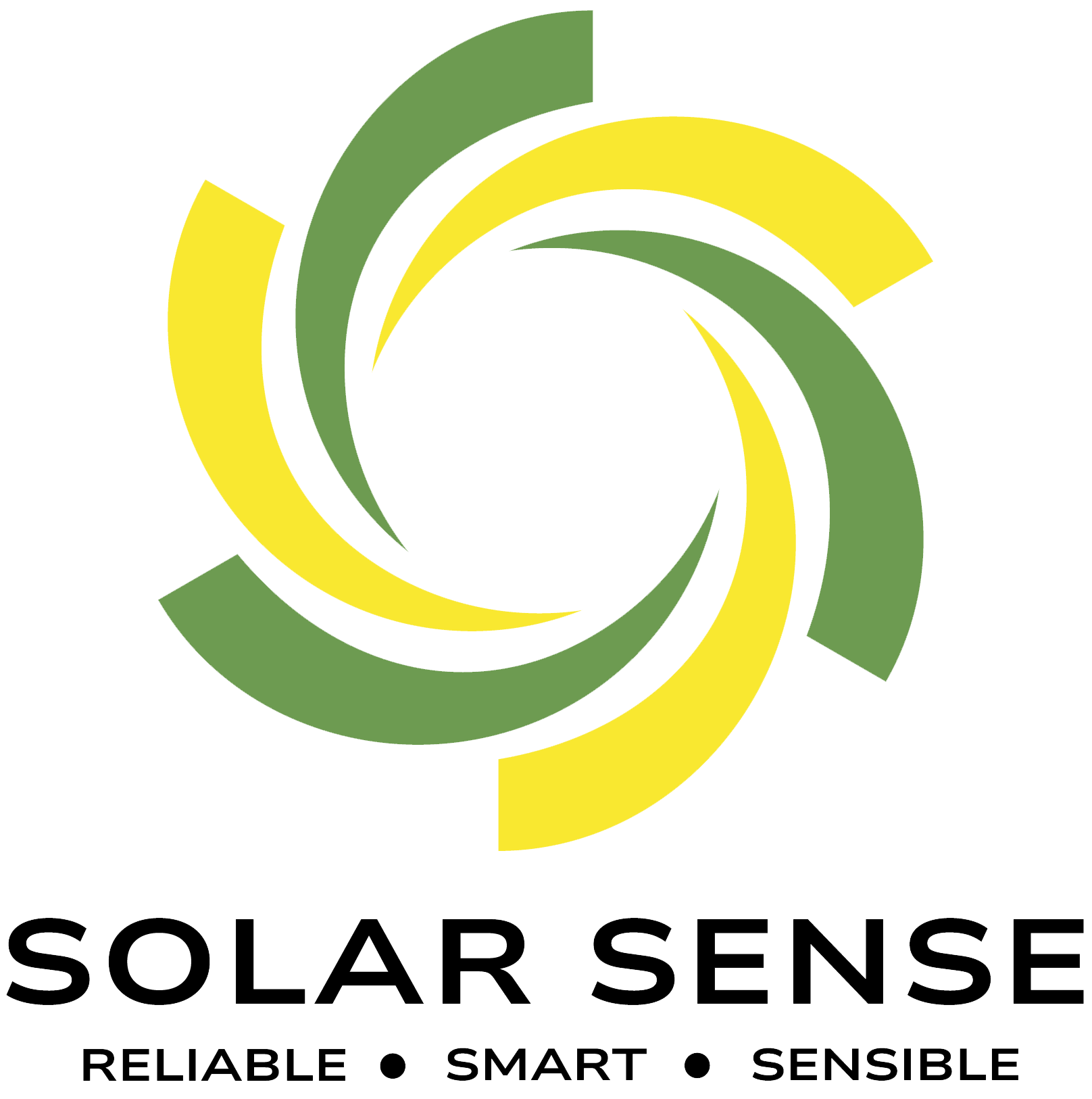

About us
Welcome to Solar Sense India
At Solar Sense India, we are dedicated to revolutionizing the way energy is sourced and utilized. We are a leading provider of solar panels in Delhi. We strive to empower individuals and businesses to embrace clean, renewable energy and contribute to a sustainable future.
- Location: Find us conveniently located at 13 Main GT Road, Azadpur, Delhi-110033, strategically positioned to serve the solar needs of the vibrant community in Delhi and beyond.
- Industry Focus: Specializing in solar rooftops and commercial solutions, Solar Sense India is committed to driving the adoption of solar energy across residential, commercial, and industrial sectors. Our expertise lies in designing, installing, and maintaining solar systems tailored to the unique requirements of each client.
- Our Team: Behind Solar Sense India is a dedicated team of professionals passionate about solar energy and its potential to transform lives. We combine technical expertise, innovation, and a customer-centric approach to deliver high-quality solar solutions that exceed expectations.
- Authorized Channel Partners: As authorized channel partners of renowned brands such as HAVELLS, WAAREE, and ADANI, we bring you best-in-class solar products and technologies. Our partnerships with industry leaders ensure that our clients have access to cutting-edge solar solutions that are reliable and cost-effective. Our collaboration with top industry leaders guarantees our clients access to advanced, reliable, and cost-effective solar solutions.
Whether you’re looking to reduce your electricity bills, increase your energy independence, or make a positive impact on the environment. Solar Sense, the best manufacturer of solar panels in Delhi, is here to guide you every step of the way. Join us in our mission to harness the sun’s power and create a cleaner, greener future for future generations.
Energy Generated From Natural Resources!
Utilizing the Power of Natural Resources for Clean Energy
In today’s world, the demand for energy continues to rise, driving the need for sustainable and renewable sources of power. Fortunately, nature provides us with an abundance of resources that can be harnessed to generate clean energy. From sunlight and wind to water and biomass. These natural resources offer a promising solution to our growing energy needs. While reducing our reliance on fossil fuels and mitigating the impacts of climate change.
- Solar Energy: One of the most abundant and readily available sources of clean energy is solar power. Solar panels, also known as photovoltaic cells, utilize the photovoltaic effect to convert sunlight into electricity. This energy is versatile and can be used to power homes, businesses, and even entire cities. Technological advancements and decreasing costs have made solar power increasingly accessible and affordable, which makes it a crucial player in transitioning to a sustainable energy future.
- Wind Energy: Another renewable resource with immense potential is wind energy. Wind turbines harness the kinetic energy of the wind and convert it into electricity. Apart from this, wind farms, consisting of multiple turbines, can be installed on land or offshore to capture the energy of strong, consistent winds. Wind energy is clean, abundant, and inexhaustible, making it a reliable source of power for communities around the world.
- Hydropower: Hydropower, or hydroelectric power, harnesses the energy of flowing water to generate electricity. Dams and reservoirs are built to harness energy from rivers and waterfalls, which are used to generate electricity through turbines. It is a mature technology and is currently one of the largest sources of renewable energy worldwide. It provides a stable and reliable source of electricity, particularly in regions with abundant water resources.
- Biomass: Biomass refers to organic materials, such as wood, crop residues, and animal waste, that can be used to generate energy through combustion, fermentation, or chemical processes. This energy can be used for heating, cooking, and electricity generation, offering a versatile and renewable alternative to fossil fuels. Biomass power plants can reduce waste and greenhouse gas emissions by converting organic materials into energy products.
- Geothermal Energy: Geothermal energy taps into the heat stored beneath the Earth’s surface to generate electricity and heat buildings. Geothermal power plants utilize underground reservoirs’ steam or hot water to drive turbines, providing a reliable, consistent, and 24/7 baseload power source that can complement other renewable energy technologies.
Transitioning to a clean energy future necessitates responsible and efficient use of natural resources, investing in renewable energy technologies like solar, wind, hydropower, biomass, and geothermal.
